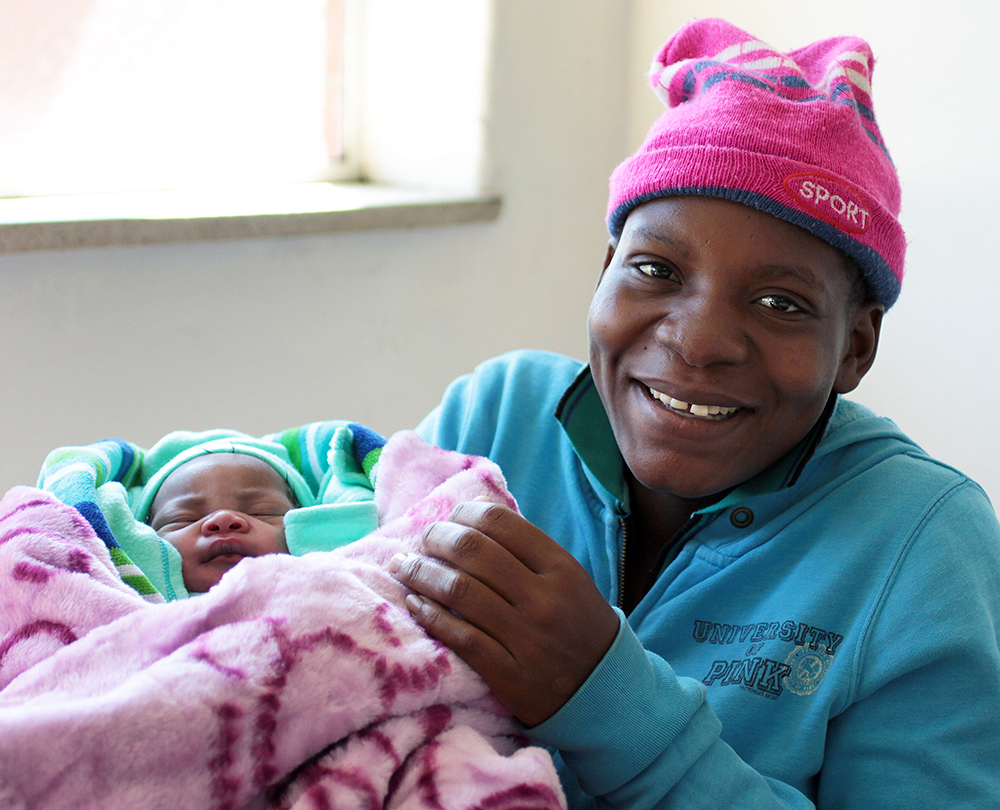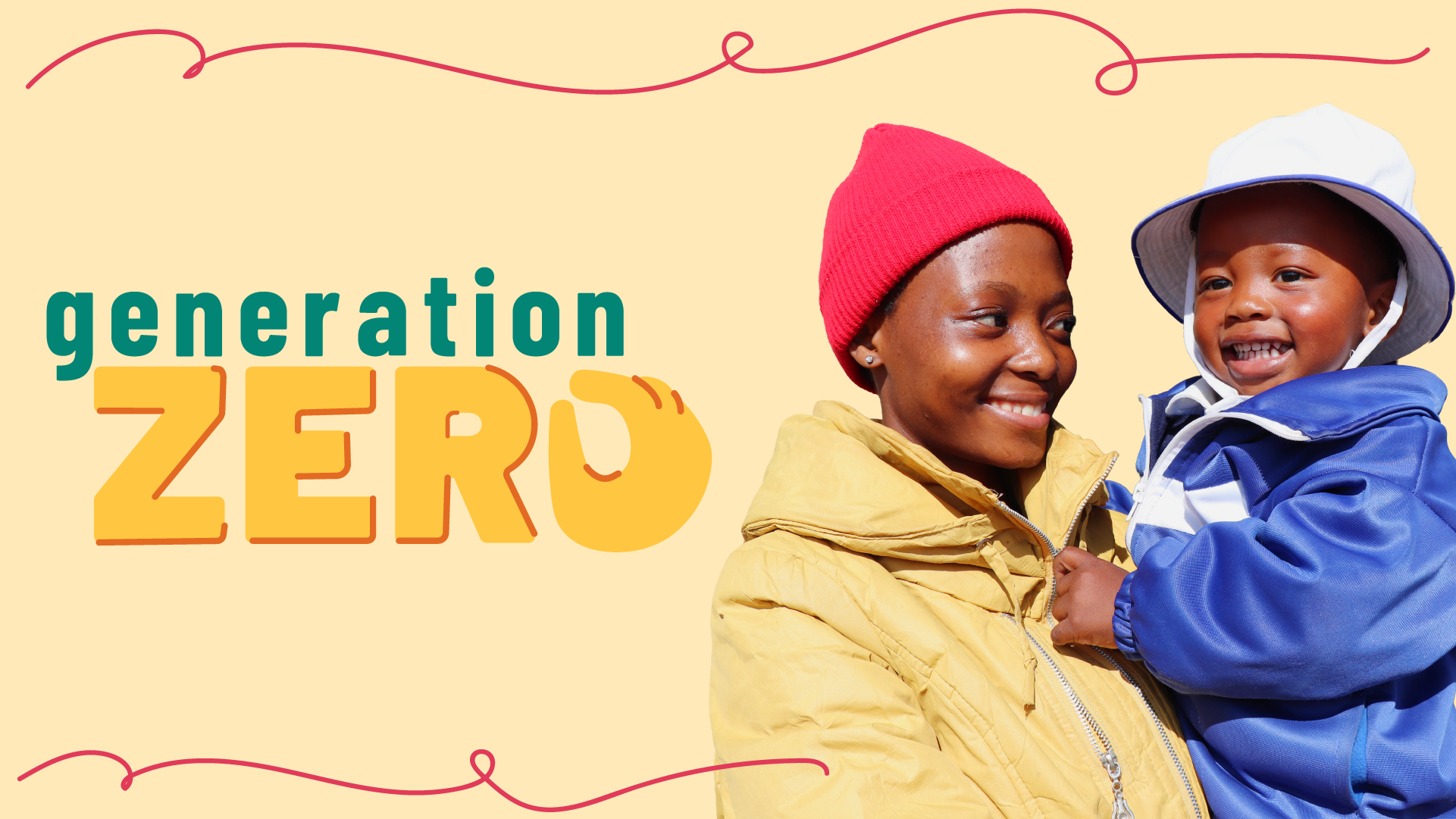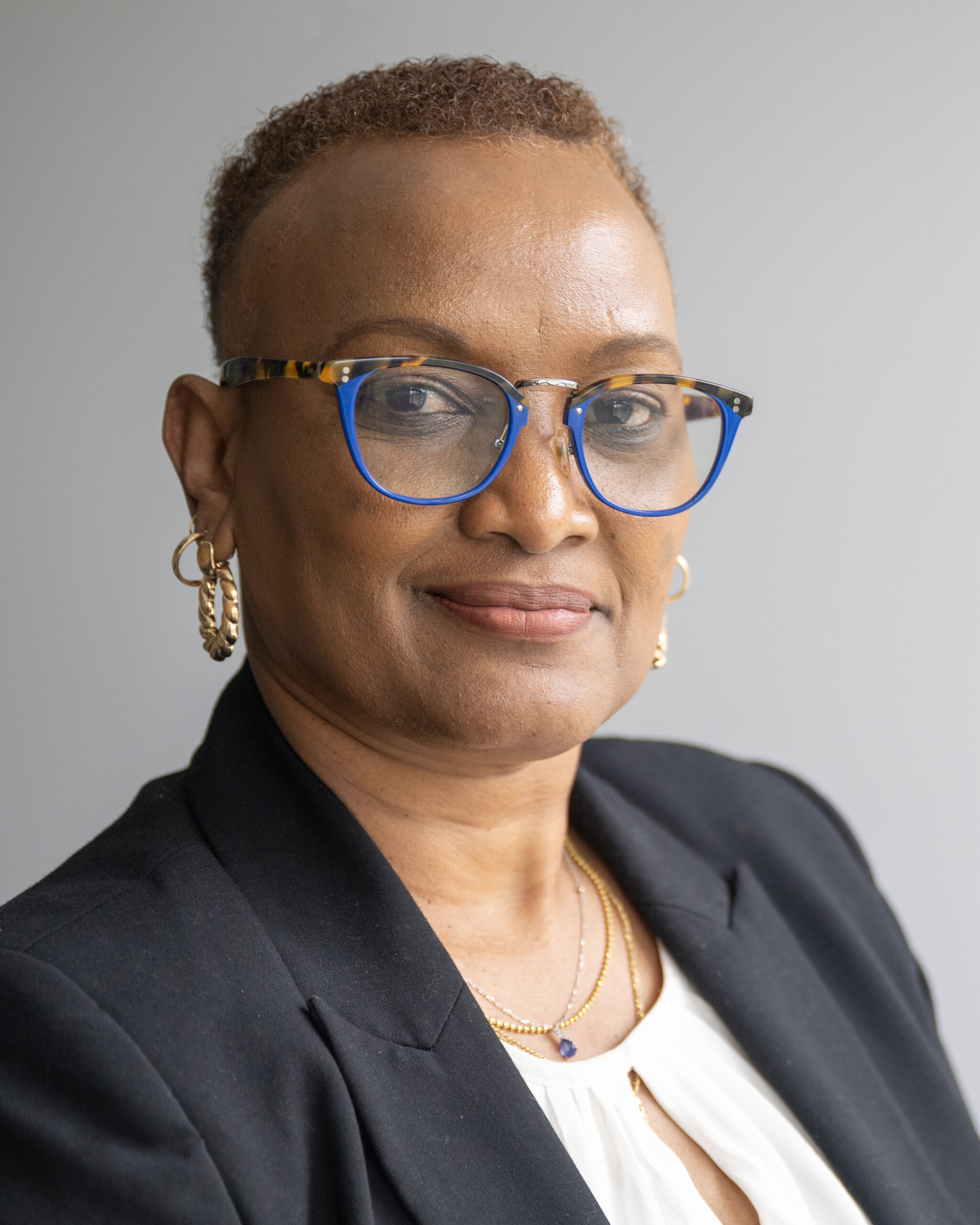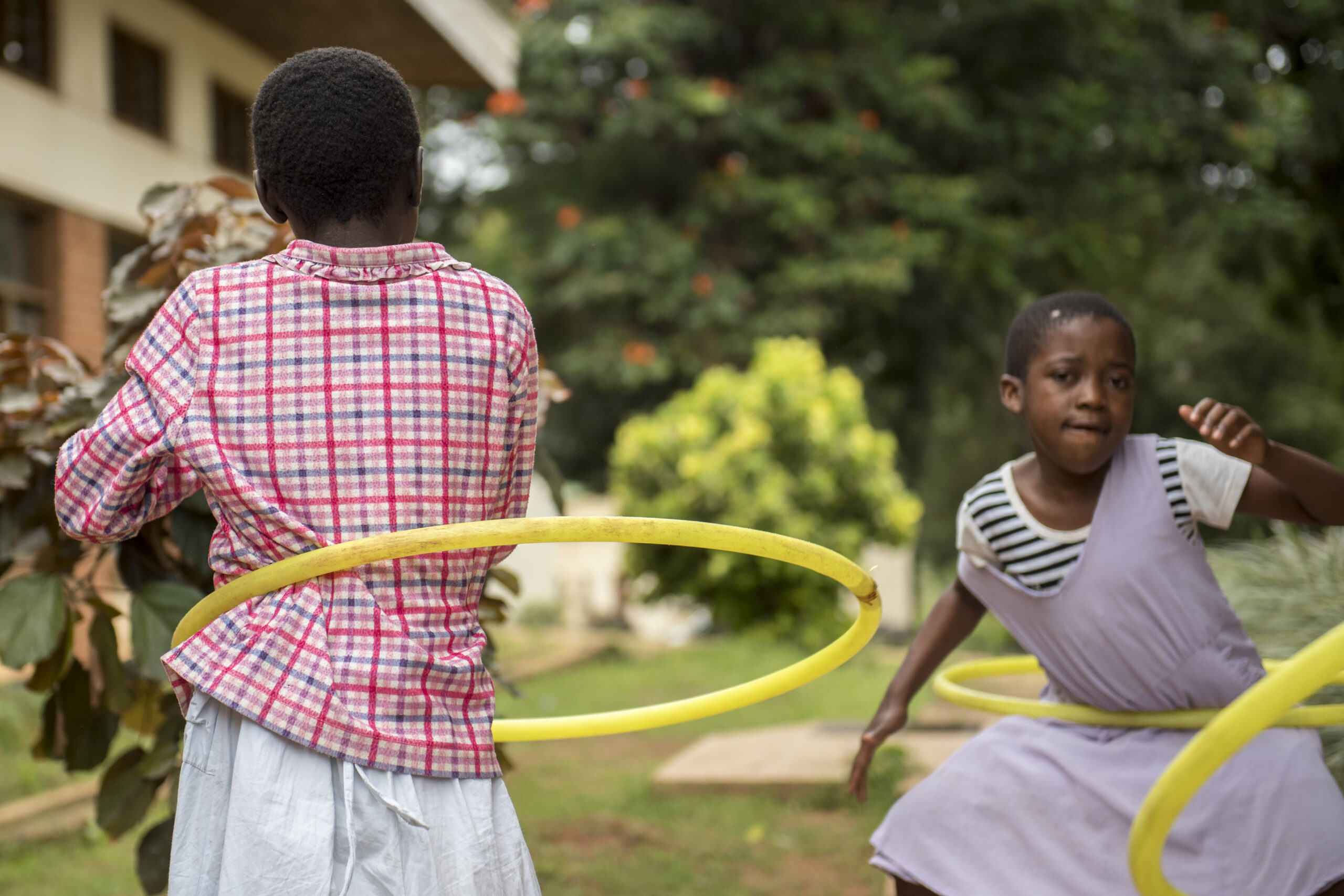This story was originally published in 2015 on Frontline Healthworkers Coalition's blog.
Around the world, women and girls continue to have a high risk of illness, injury, and death during pregnancy or childbirth. In recognition of International Maternal Health & Rights Day, EGPAF shares a look into Edith Opperman, the only clinic in Harare, Zimbabwe with a labor ward.
“All roads lead to Mbare,” says Sister Inviolater Wilson, the nurse in charge of maternity at Edith Opperman Hospital outside the capital city of Harare, Zimbabwe. Mbare is a high-density township often referred to as the “Soweto of Harare.”
Edith Opperman is the only clinic in Harare’s Southern District that has a labor ward. Due to its central location and proximity to a bus terminal, clients come from all over Zimbabwe—and all over southern Africa—to deliver at Edith Opperman. The maternity ward at Edith Opperman averages 15 to 20 deliveries per day.
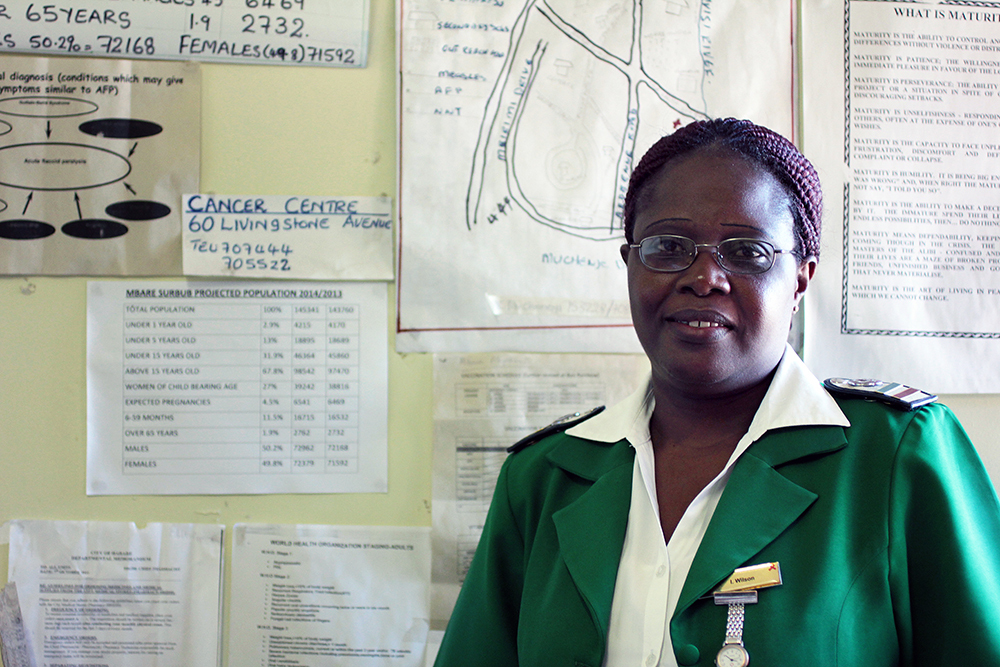
HIV prevalence in the maternity ward is about 13 percent, and health workers like Sister Wilson are doing everything they can to help women living with HIV, deliver babies who are HIV-free. Thanks to support from the Elizabeth Glaser Pediatric AIDS Foundation (EGPAF) and the Children’s Investment Fund Foundation (CIFF), HIV counseling, testing, and treatment have been integrated into antenatal and maternity care at the clinic. Under the national lifelong treatment initiative, called Option B+, all pregnant women who test positive for HIV are immediately placed on antiretroviral therapy (ART), and it is recommended that they remain on ART for life. This initiative is key to prevention of mother-to-child transmission of HIV (PMTCT).
The biggest challenges in the Edith Opperman maternity ward are shortage of staff, shortages of HIV test kits, and drug stockouts. Maternity staff also face the challenge of transient clients. Pregnant women often come to Harare to sell their goods, delivery their babies at Edith Opperman, and then return to their home villages. This makes follow-up extremely challenging, especially for HIV-positive women who feel healthy and don’t fully understand the need to adhere to lifelong medical treatment.
“We are now enrolling more clients on ART, which is quite good for them,” says Sister Wilson. “But we are facing some challenges, because these people are not sick and they test positive and are told they need to take drugs every day, from now.”
Under Option B+, male partners of pregnant women who test positive for HIV also have the option of initiating onto ART. Sister Wilson has seen an increase in male involvement as a result.
“Women are encouraging their partners to come,” Sister Wilson says. “It’s quite easy to take your drugs if your partner knows your status. Disclosure is getting easier and easier for the woman.”
But the best thing about Option B+, according to Sister Wilson, is that the program considers the needs of the entire family.
We used to look after the baby more than the mother. We wanted the baby to be negative, but who was going to look after that negative child, when the mother remains positive and is not on any drugs? So we want a healthy mother, and a healthy father, with a healthy baby.
The PMTCT program is looking after everyone, the whole family.
Christine is a 26-year-old Mbare resident who is going through labor at the clinic.
When she was five months pregnant, Christine booked at the Edith Opperman antenatal clinic and tested for HIV. Her results were positive. Her partner tested the same day and tested negative. Christine was immediately initiated onto ART. Her husband is supportive and reminds her to take her tablets.
“When you are HIV-positive people tend to look down on you,” says Christine. “But that didn’t happen here.”
Sister Wilson has an important message for pregnant women and their partners who are hesitant to come to the clinic and test for HIV.
“There’s life after being diagnosed HIV-positive. There’s life for you, your partner, and your baby. We are here for you. The program is open. And please come and book early, we want to protect the baby while it’s in the uterus, during delivery, and during breastfeeding.”
